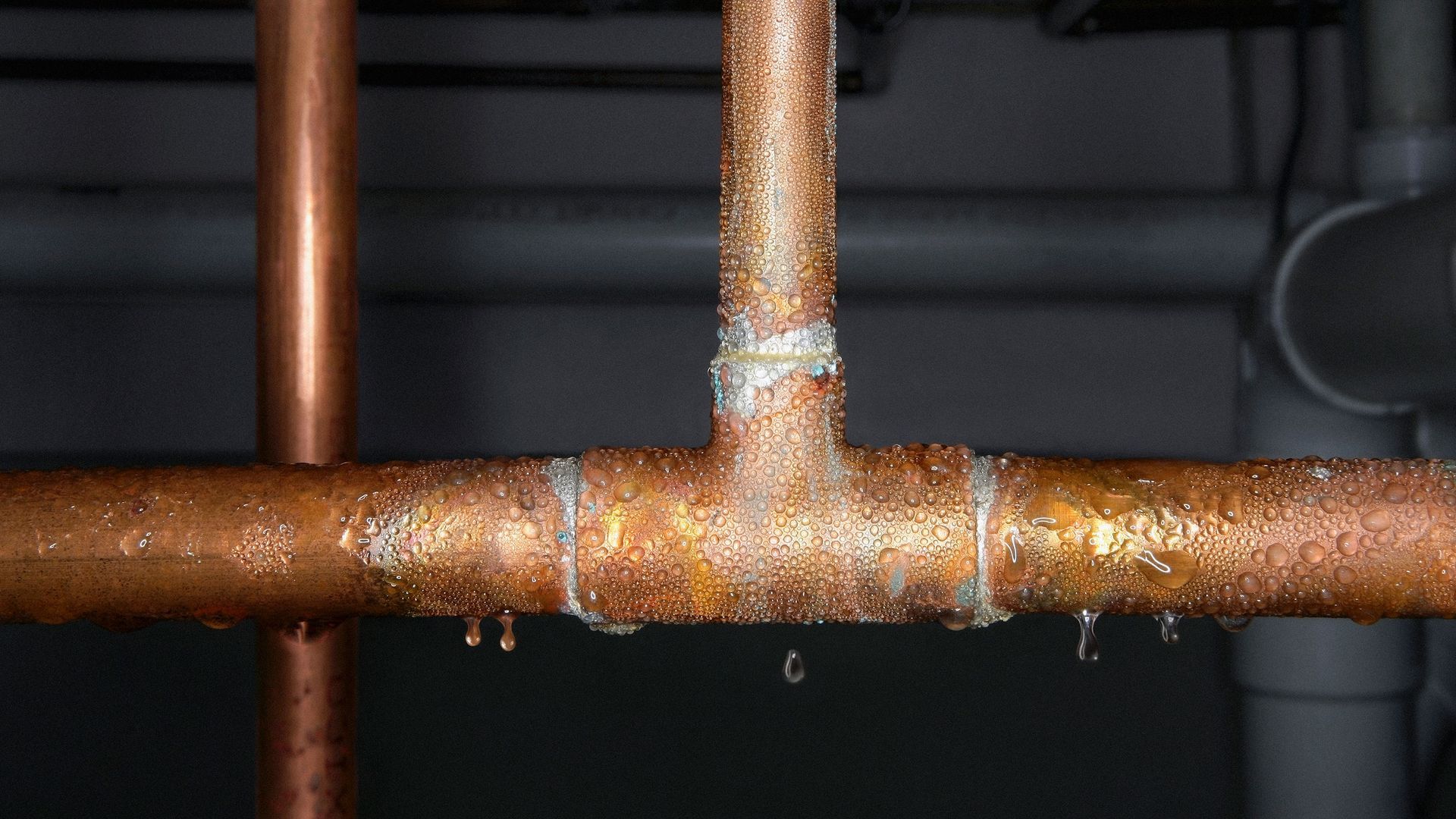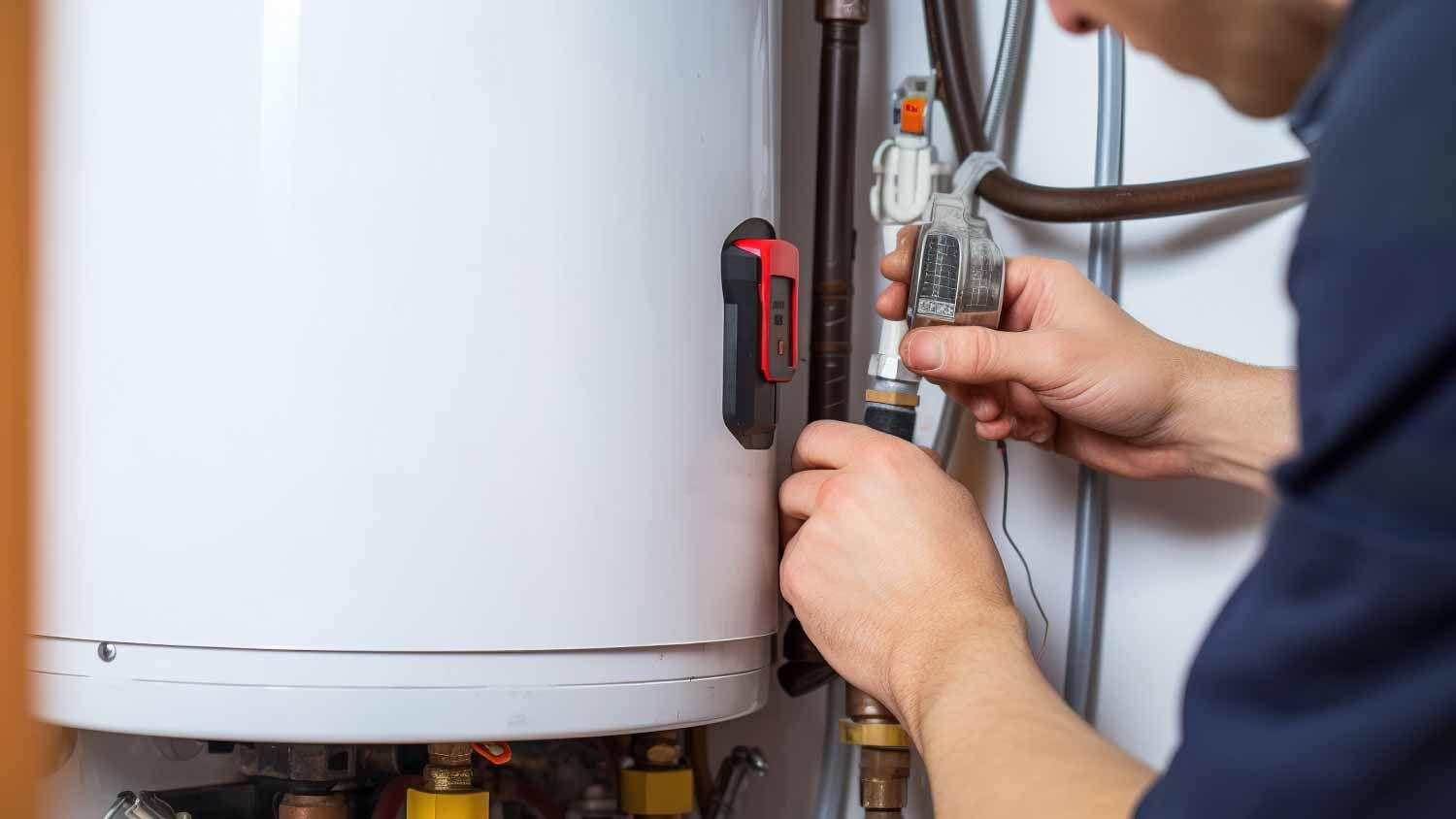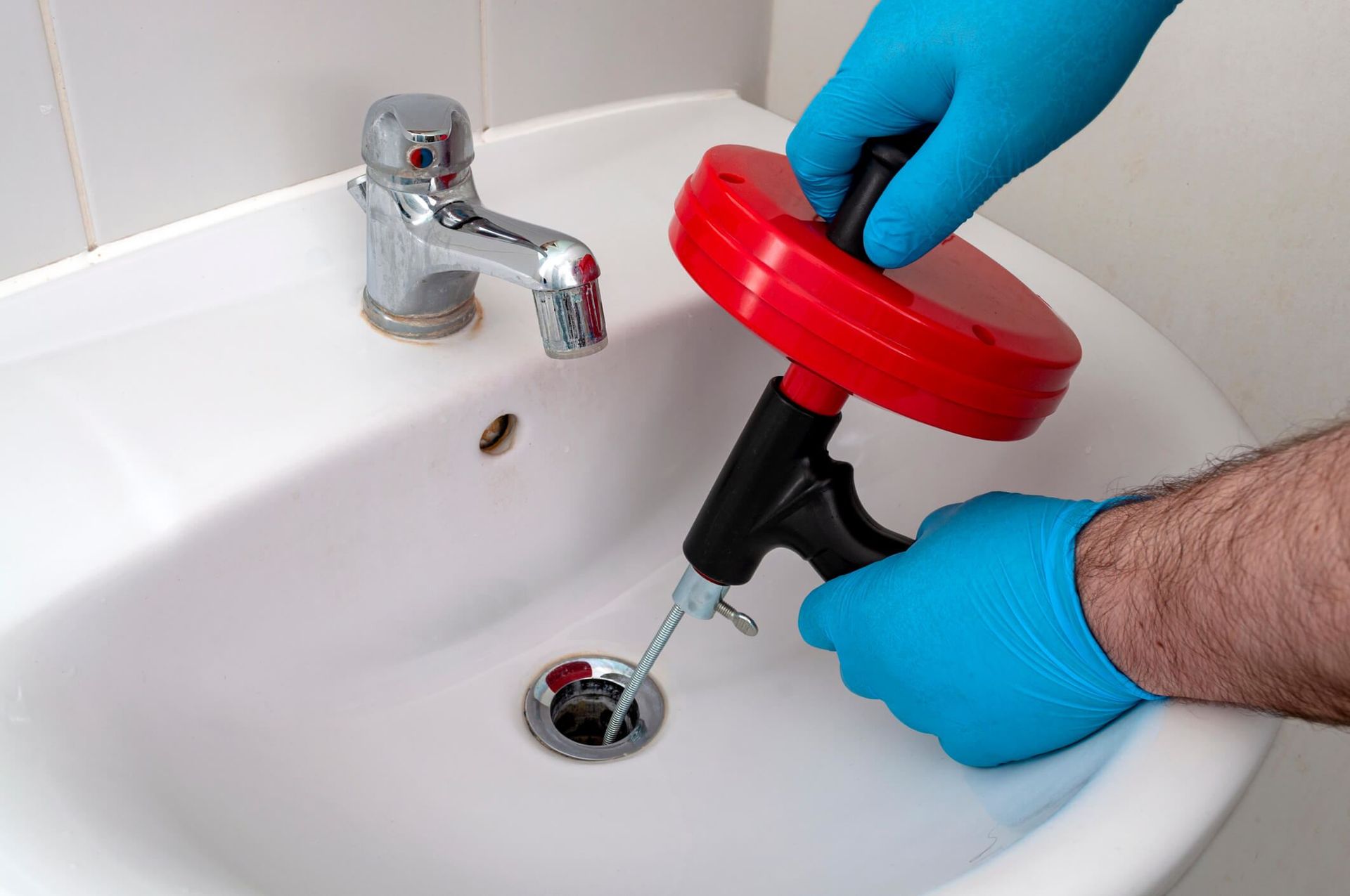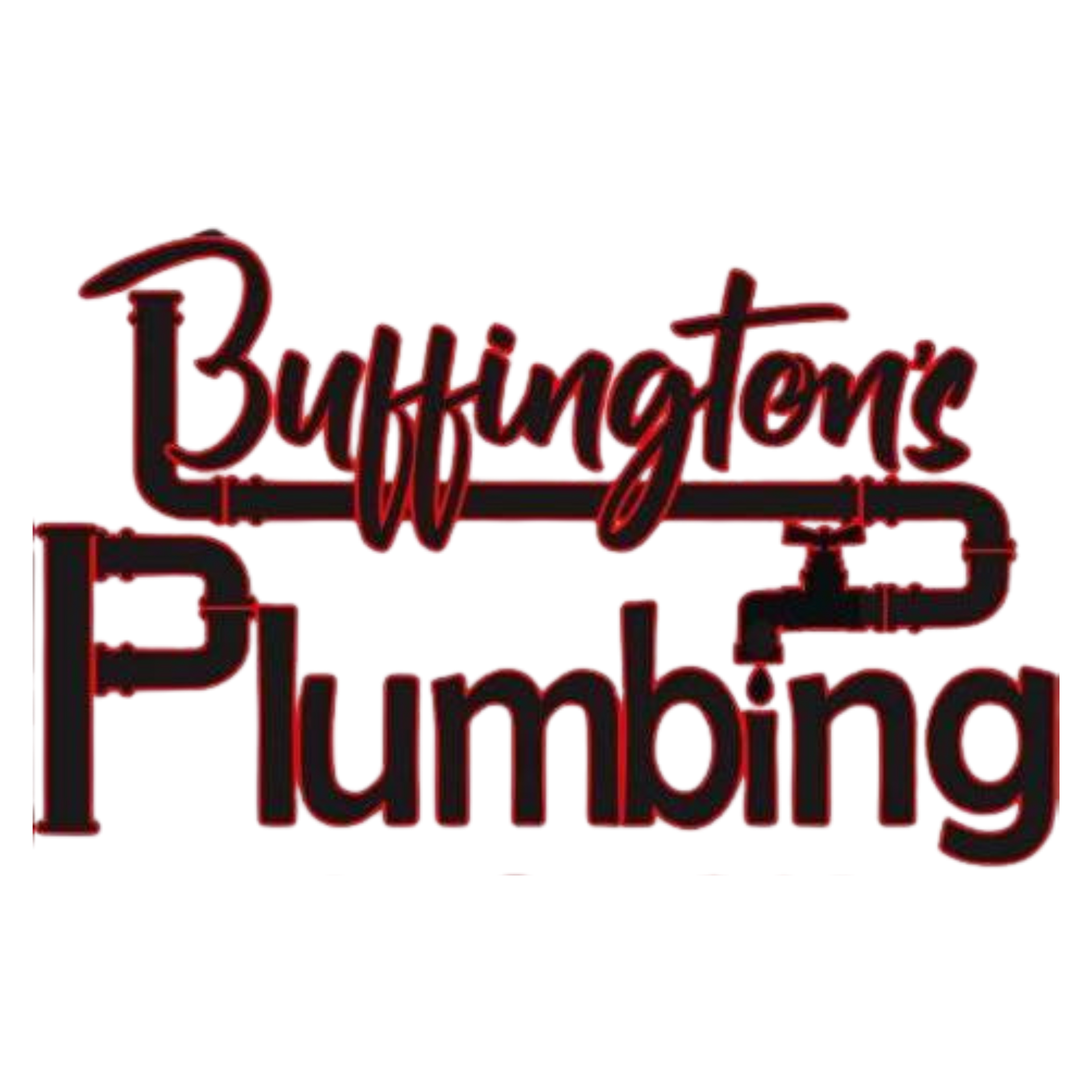What Is Backflow—and Why Georgia Homeowners Should Test Annually
A few years ago, a homeowner in Brooks called us in a panic.
They had noticed a strange smell in the water coming from their outside hose spigot. The water wasn’t clear, either—and it had a slight, chemical-like odor.
They weren’t imagining things. Their irrigation system had developed a backflow issue, and untreated water from the sprinkler line had started reversing into the home’s drinking supply. Thankfully, they caught it early—but many people don’t.
Backflow is one of those silent problems you don’t notice… until it affects your health. That’s why today, we’re answering the question:
What is a backflow preventer, and why does it matter for homeowners in Georgia?
What Is Backflow?
Put simply,
backflow is the unwanted reversal of water flow in your plumbing system.
Instead of water flowing from the municipal line into your home, a sudden pressure change can cause it to flow backward, potentially pulling contaminated water from outside systems—like irrigation, pools, fire sprinklers, or even hose attachments—into your drinking water supply.
What Is a Backflow Preventer?
A
backflow preventer is a special plumbing device installed on your water line to
stop dirty or hazardous water from reversing into your clean supply.
It acts like a one-way valve: water can only move in the correct direction. These are often required on:
- Irrigation systems
- Commercial kitchens
- Medical buildings
- Apartment complexes
- Fire suppression systems
- Homes with outdoor hose bibs or well water
In fact, most Georgia municipalities require annual backflow inspection and certification—especially if your home or business has a cross-connection risk.
Why Does Backflow Happen?
Backflow usually occurs when there’s a
drop in water pressure from the city’s supply line. This can be caused by:
- A water main break
- Nearby firefighting activity
- Frozen pipes
- Backpressure from pumps or elevated storage tanks
When pressure drops, water from your home or outdoor systems can be pulled into the city’s clean water supply, carrying pesticides, bacteria, or chemicals right along with it.
That’s not just gross—it’s a serious public health risk.
Do I Need Backflow Testing in Georgia?
In most cases, yes.
Here in Georgia, many water authorities—including those in Fayette, Coweta, Spalding, and Pike Counties—require annual backflow testing for properties with irrigation systems or other potential cross-connections.
Even if it’s not legally required at your address, testing your backflow preventer once a year is one of the easiest ways to protect your home and family from unseen water contamination.
What Happens During Backflow Testing?
At Buffington’s Plumbing, our certified backflow testing process includes:
- Checking your preventer valve for proper operation
- Measuring pressure levels to confirm no reverse flow is happening
- Identifying leaks, seal failures, or malfunctioning parts
- Completing required paperwork and reporting to the city (if applicable)
Testing usually takes less than an hour—and if your system needs repairs or replacement, we’ll explain your options clearly and get it fixed fast.
Why Choose Buffington’s Plumbing?
We’re a
local, family-owned plumbing company based in
Brooks, GA with over 30 years of experience. Our team is fully certified for
backflow testing and inspection, and we work directly with local water departments to ensure you stay compliant.
We serve homeowners, small businesses, and property managers across Fayetteville, Peachtree City, Griffin, Zebulon, Newnan, and surrounding areas.
📞 Ready to Schedule Your Backflow Inspection?
Protect your home—and your water supply. Call Buffington’s Plumbing today at (678) 939-0187 or request a service online.
Annual backflow testing in Brooks, GA has never been easier, or more important.
If you're not sure whether you need a backflow preventer—or can't remember the last time yours was tested—just give us a call. We’re happy to check your setup and answer any questions.





